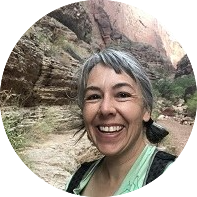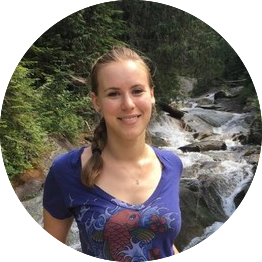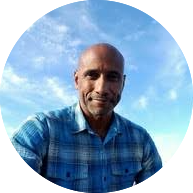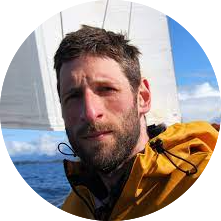Public Lands in Public Hands: Innovations in Outdoor Recreation Science and Stewardship
On December 2, 2020, four regional experts shared their wisdom with the Nature and Health community. This session explored innovative research and stewardship aimed at creating sustainable, welcoming, and well-maintained recreation opportunities for everyone to enjoy public lands.
Guest Speakers
 Loren Drummond
Loren Drummond
Loren is the Digital Content Manager for Washington Trails Association, where she works to connect an incredible community of volunteers, hikers and advocates with Washington’s public lands. She has 15 years of nonprofit digital communications and advocacy experience at state, national and international nonprofit organizations. She is interested in storytelling for good and technology that works for social justice, connects people and helps us unplug. She also has a particular fondness for desert camping, alpine basins and marmots.
Emmi Lia
Emmi is a Research Scientist with the UW Outdoor Recreation & Data Lab. She works closely with partners to manage research projects that combine traditional recreation research methods and social media data. She also has experience and interest in community science and the use of crowd-sourced information. Emmi is broadly interested in people’s connections to landscapes and experiences in green spaces.
 Mike Schlafmann
Mike Schlafmann
Mike serves as the Public Services Staff Officer on the Mt. Baker-Snoqualmie National Forest in WA. He oversees wilderness, recreation, outfitting and guiding programs on the Forest, with a deep passion for engaging people directly in the management of open space and wild lands.
 Spencer Wood, PhD
Spencer Wood, PhD
Spencer is an interdisciplinary scientist studying the benefits of outdoor recreation and nature-based tourism. His research melds methods from environmental science, social science, and computer science to explore how public land management influences the distribution of park visitors and their interactions with nature. Spencer leads projects that develop open-source software and reproducible approaches to make big geographic data and models more accessible for decision-makers.